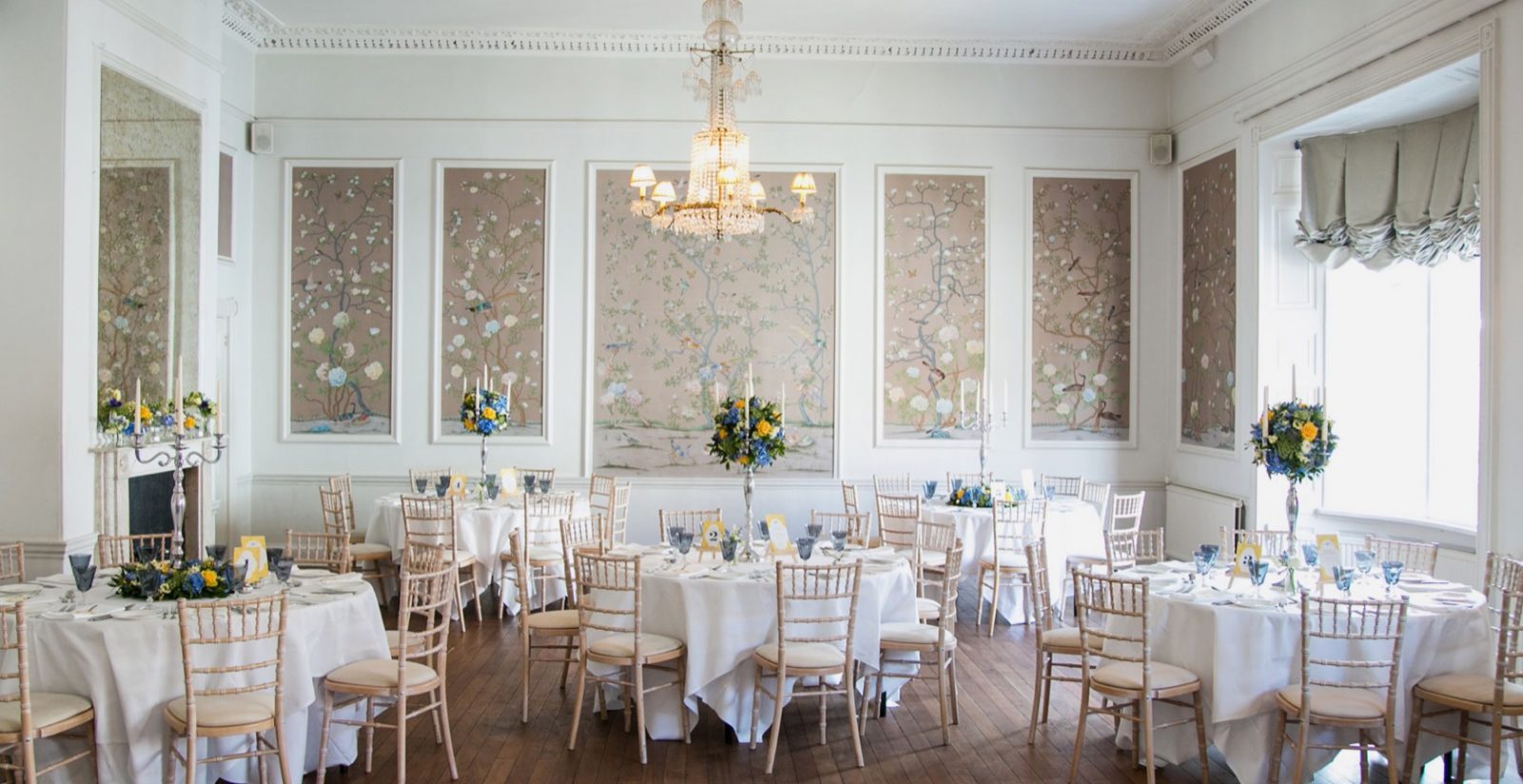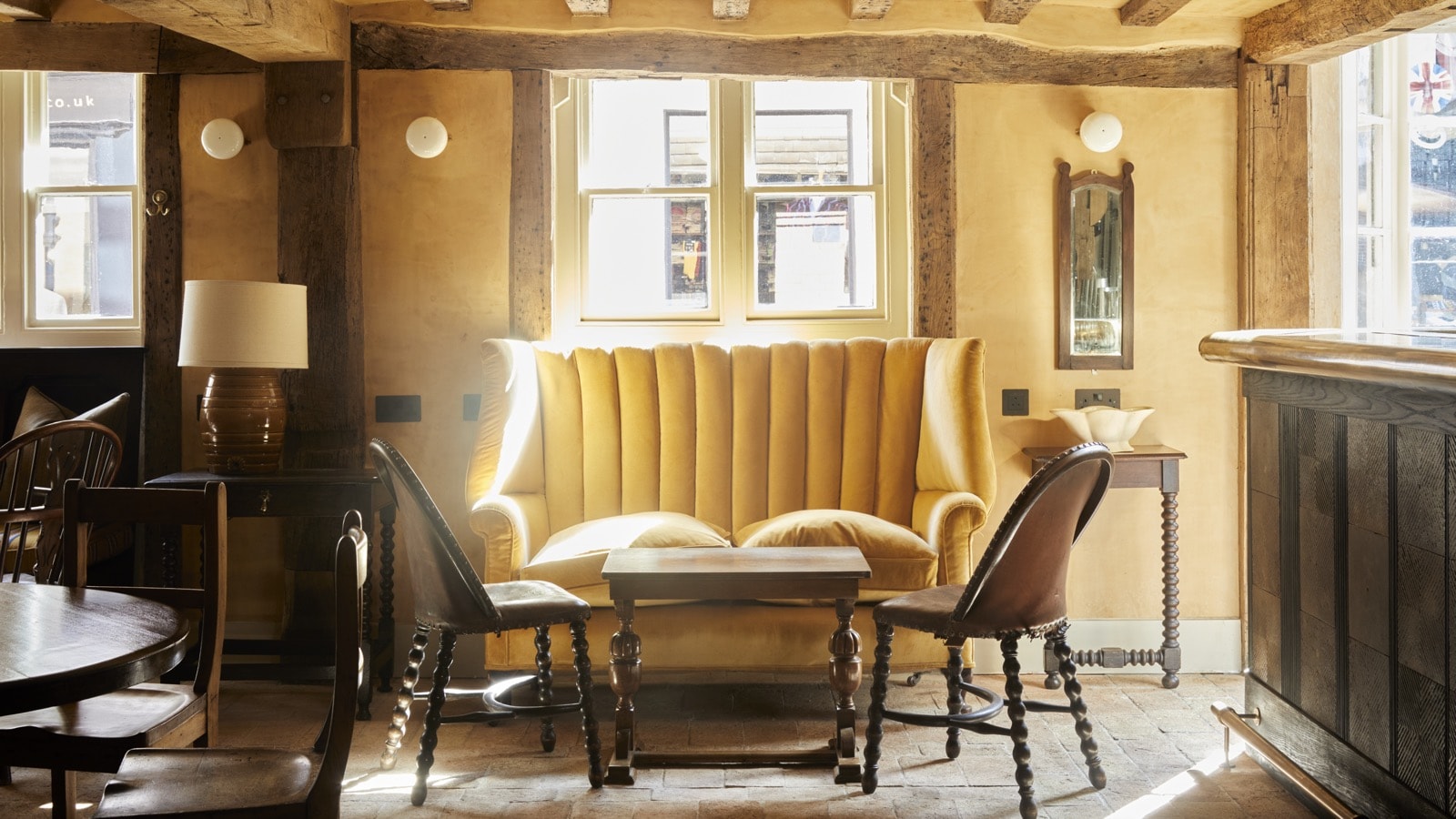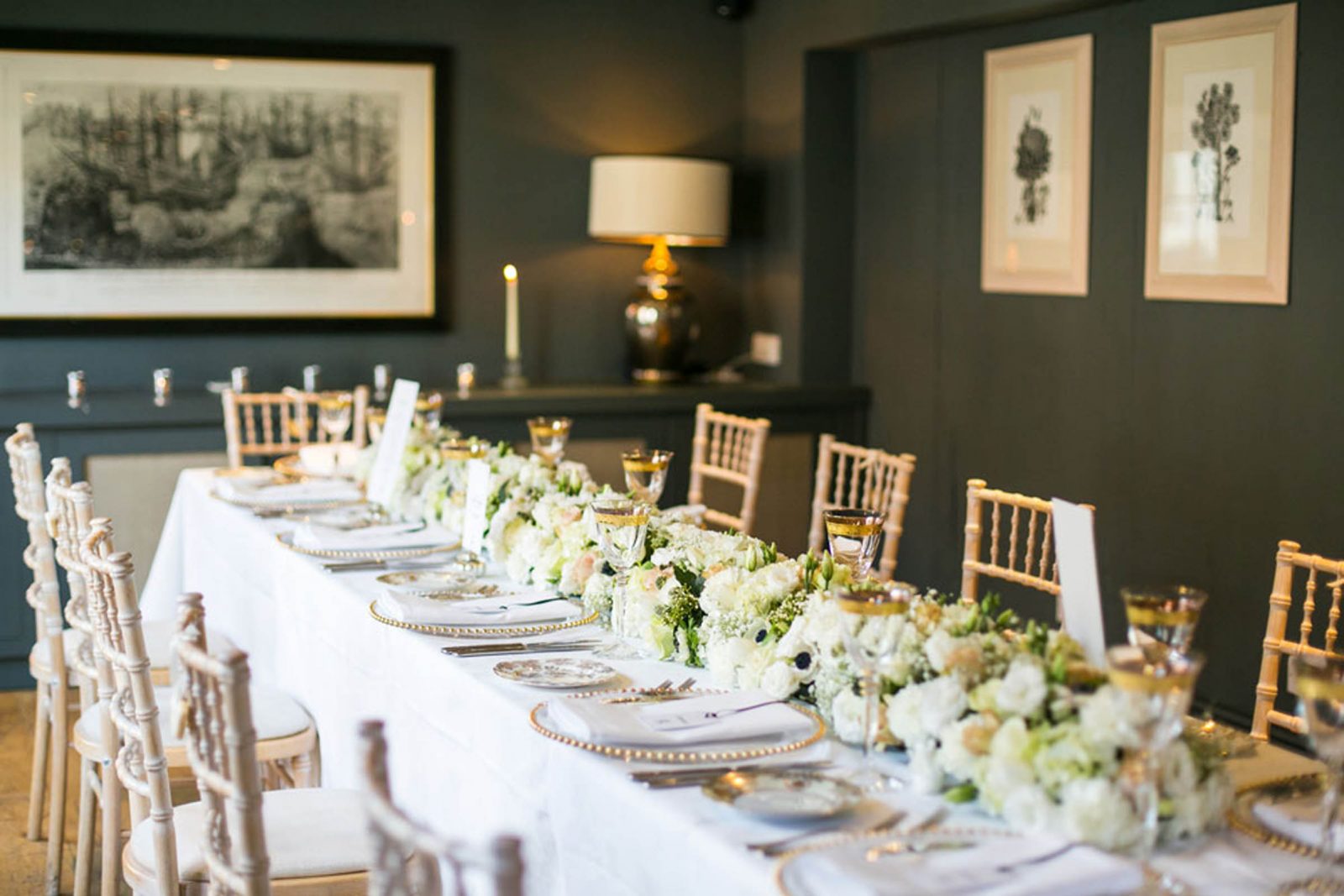Originally occupying another premises, The George moved to its current location on Rye’s High Street in 1719. Its white frontage, dating from the early 18th century, acts as a frontispiece for a timber structure at least 200 years older.
The hotel was gradually added to up until the Regency period, and comprises a series of interconnecting buildings all surrounding a central courtyard. The ballroom, for example, was built in 1818 as an assembly room for farmers who came to market.



